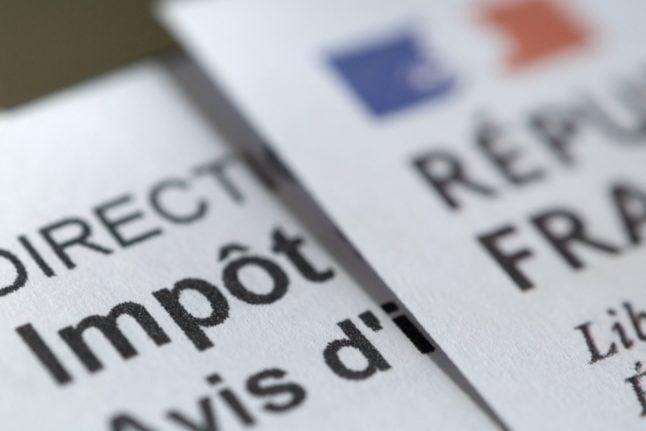The offer from the Dublin-based no-frills carrier, long accused by critics of abrasive labour tactics, comes as the aviation industry grapples with an unprecedented crisis after the collapse in global demand for air travel due to the coronavirus.
“Blackmail is never an option,” Finance Minister Bruno Le Maire told RTL radio. “Jobs will be protected by imaginative solutions, but definitely not through blackmail,” he said.
The aviation industry is facing drastic losses due to the coronavirus pandemic, which has closed borders across the world and paralysed air transport.
Ryanair has already announced plans to axe 3,000 pilot and cabin crew jobs, or 15 percent of staff across its European network.
In France, Ryanair operates from hubs including the Marseille, Toulouse and Bordeaux airports.
The Irish company has told French unions to accept plans to cut wages by 20 percent for pilots and 10 percent for stewards and air hostesses from July 2020, or face the redundancy of 23 pilots and 27 cabin crew staff.
Under current plans, staffers who are earning minimum wage would see their work time cut by 20 percent. Employees would progressively regain their salary up until 2025.
Labour Minister Muriel Pénicaud said she was “shocked” by Ryanair's proposal and said the company must go back to the drawing board and “really talk (with employees), but not blackmail.”
Since 2017 companies can open up talks with its employees on contract hours and salaries in exchange of a company's commitment to suspend dismissals, Pénicaud said on TV station BFM Business.
But the spirit of this possibility is “not at all the one being used by Ryanair,” she said.
Ryanair benefited from the state scheme to help companies through the two-month lockdown period by placing staffers on partial unemployment, Pénicaud said.
“We helped them and they're not playing the game,” she added.
The head of France's biggest trade union CFDT, Laurent Berger, said Ryanair wasn't showing respect to “its employees, nor workers, nor anyone.”
Berger called for a boycott of the airline. “Let's stop taking Ryanair to travel,” he said, accusing the company of “pressuring its employees for years.”



 Please whitelist us to continue reading.
Please whitelist us to continue reading.
Member comments